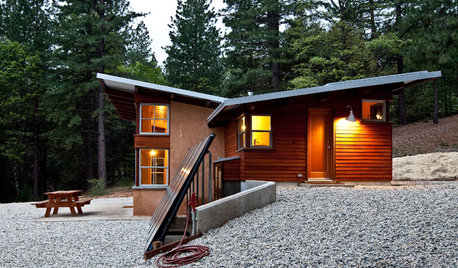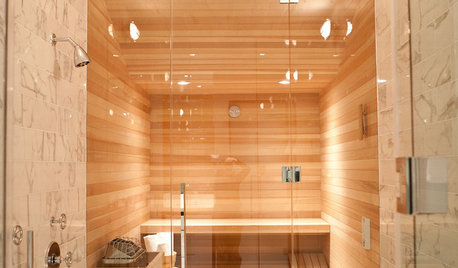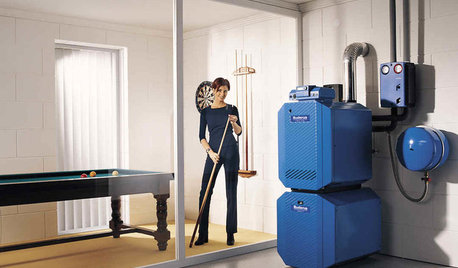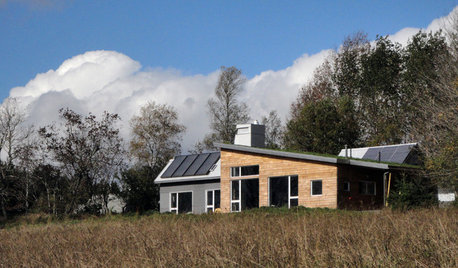Safest hot water heater temperature setting 120 degrees
chambleemama
15 years ago
Featured Answer
Sort by:Oldest
Comments (10)
sparky823
15 years agosherwoodva
15 years agoRelated Professionals
Federal Heights Kitchen & Bathroom Designers · Peru Kitchen & Bathroom Designers · Schaumburg Kitchen & Bathroom Designers · Terryville Kitchen & Bathroom Designers · Hopewell Kitchen & Bathroom Remodelers · Eureka Kitchen & Bathroom Remodelers · Overland Park Kitchen & Bathroom Remodelers · Sharonville Kitchen & Bathroom Remodelers · Crestline Cabinets & Cabinetry · Farmers Branch Cabinets & Cabinetry · Manville Cabinets & Cabinetry · Bolingbrook Flooring Contractors · Bossier City Flooring Contractors · Chandler Flooring Contractors · Louisville Flooring Contractorsmonicakm_gw
15 years agocynic
15 years agotitiliwinks48_hotmail_com
15 years agodadoes
15 years agocynic
15 years agobob_k
15 years agomysteryclock
15 years ago
Related Stories

GREAT HOME PROJECTSHow to Add a Solar Water Heater
Lower energy bills without a major renovation by putting the sun to work heating your home’s water
Full Story
GREAT HOME PROJECTSHow to Switch to a Tankless Water Heater
New project for a new year: Swap your conventional heater for an energy-saving model — and don’t be fooled by misinformation
Full Story
REMODELING GUIDES5 Hot Tips for Home Saunas
Bask in your very own heated haven, indoors or out. This overview will get you off to a glowing start
Full Story
FIREPLACES12 Hot Ideas for Fireplace Facing
From traditional brick to industrial steel, there’s a fireplace cladding here to light up your design
Full Story
EARTH DAYGrow a Beautiful Garden With Ecofriendly Greywater
Reducing home water waste means lower bills and a healthier planet. Here's how to set up a greywater home irrigation system that can help
Full Story
FLOORSIs Radiant Heating or Cooling Right for You?
Questions to ask before you go for one of these temperature systems in your floors or walls (yes, walls)
Full Story
GREAT HOME PROJECTSHow to Add a Radiant Heat System
Enjoy comfy, consistent temperatures and maybe even energy savings with hydronic heating and cooling
Full Story
HOUSEKEEPING5 Steps to Improve Your Heating System Now
Increase your heater's efficiency and safety for lower energy bills and greater peace of mind this winter
Full Story
GARDENING GUIDESSummer Crops: How to Grow Peppers
Some like 'em hot; others like them sweet. With the incredible range of peppers available for home gardens, you can have your pick
Full Story
GREEN BUILDINGHouzz Tour: Going Completely Off the Grid in Nova Scotia
Powered by sunshine and built with salvaged materials, this Canadian home is an experiment for green building practices
Full Story








fordtech